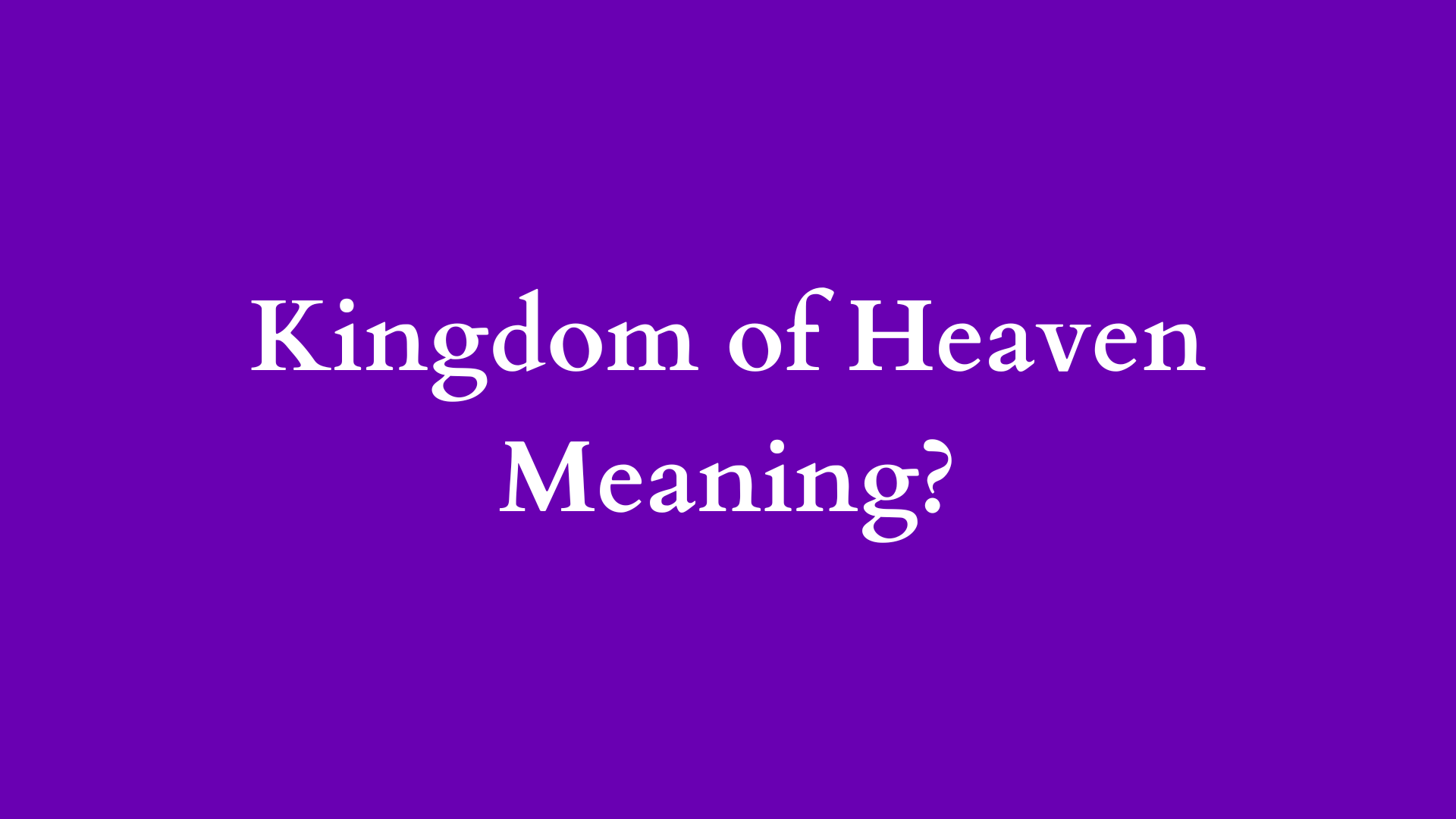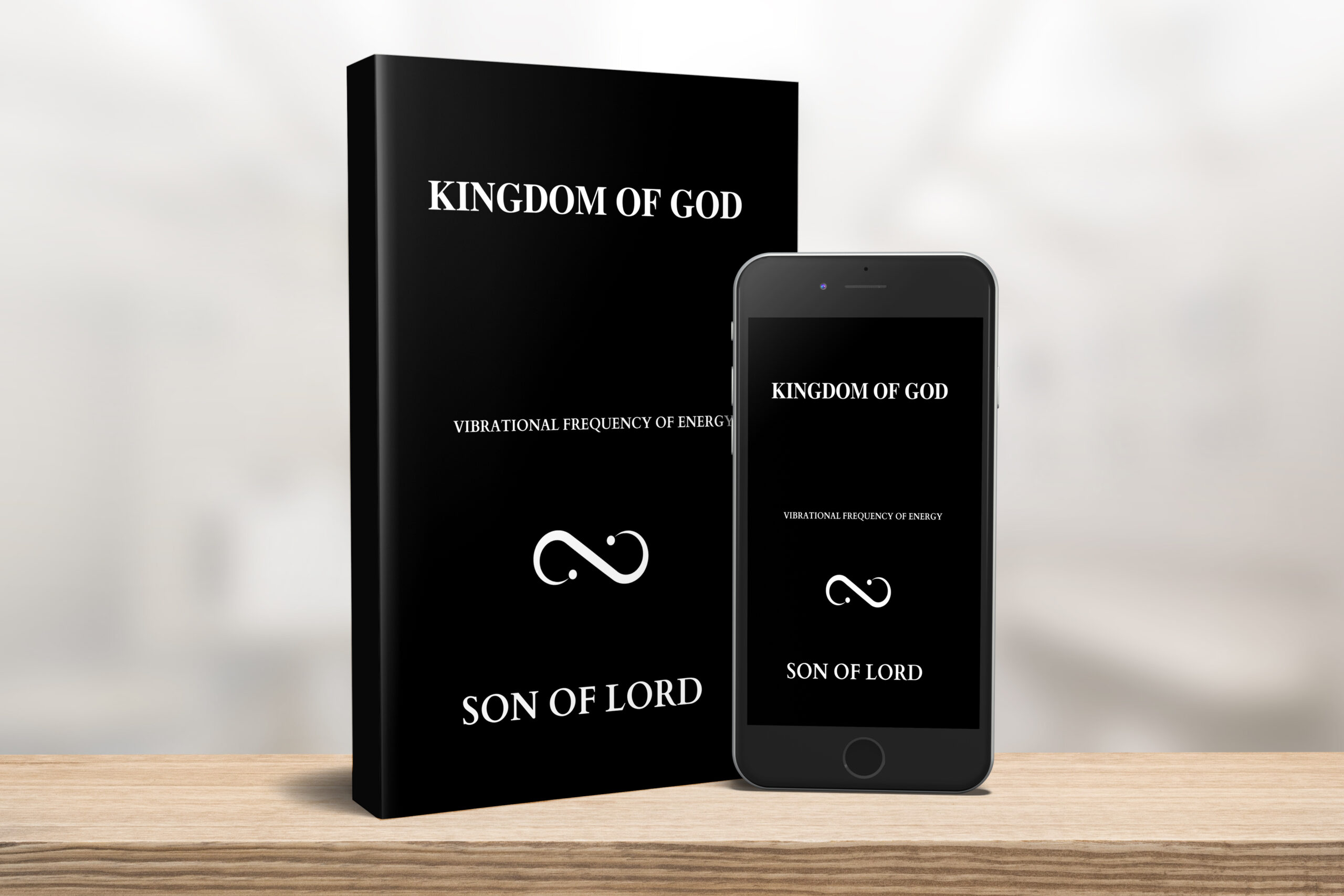The Kingdom of Heaven: An Exploration of Its Meaning
The term “Kingdom of Heaven” has long captivated the minds and hearts of theologians, philosophers, and scholars, as well as those seeking a deeper understanding of spirituality. Often associated with Christianity, this concept extends beyond mere theological implications, influencing cultural narratives, ethical discussions, and individual aspirations. In this blog post, we will explore the meaning of the Kingdom of Heaven, examining its biblical origins, theological interpretations, and practical applications in contemporary life.

Biblical Foundations
The phrase “Kingdom of Heaven” is predominantly found in the Gospel of Matthew, where it is used interchangeably with the “Kingdom of God,” a term more frequently encountered in the other Gospels. The distinction between the two is often seen as reflective of the Jewish context of Matthew, who opted for “Heaven” perhaps to resonate more deeply with a Jewish audience that revered the name of God.
The Teachings of Jesus
Jesus Christ’s teachings on the Kingdom of Heaven can be found throughout the Gospels, particularly in parables such as the Mustard Seed, the Pearl of Great Price, and the Lost Sheep. Through these narratives, Jesus conveyed essential truths about the nature of the Kingdom:
- Present Reality and Future Hope: The Kingdom of Heaven is not depicted merely as a distant reality to be realized after death, but as an active, living presence in the here and now. This duality emphasizes that while the Kingdom will be fully realized in the eschaton (the final event in the divine plan), it is also a current reality manifesting through community, love, and justice.
- Inclusivity: Jesus’ parables often depict the Kingdom of Heaven as a place of unexpected inclusivity, where the marginalized, the sinners, and the outsiders have a special place. The Kingdom challenges societal norms and redefines who is seen as “worthy” of God’s grace.
- Transformation and Growth: The imagery used by Jesus to describe the Kingdom underscores the transformation it brings to individuals and communities. Just as a seed must die to produce new life, engaging in the Kingdom requires personal and communal sacrifice, growth, and commitment to service.
Theological Perspectives
The Kingdom of Heaven has been the subject of extensive theological reflection. Different Christian traditions articulate its essence in various ways, each contributing to a richer understanding.
Catholic Understanding
The Catholic Church sees the Kingdom of Heaven as both a present reality and a future hope, intimately linked to the sacraments and the communal life of the Church. In this view, the Church embodies a foretaste of the Kingdom, where believers are called to grow in holiness and love, drawing others into a relationship with Christ.

Protestant Interpretations
Many Protestant denominations emphasize the individual believer’s relationship with God in the context of the Kingdom of Heaven. Salvation and grace are seen as accessible to everyone, empowering individuals to live out their faith actively in a world that often opposes Kingdom values. The focus is often placed on personal transformation, evangelism, and social justice as expressions of the Kingdom’s principles.
Eastern Orthodox View
In Eastern Orthodoxy, the Kingdom of Heaven is understood as a mystery that unfolds within the believer’s life. Theosis, or becoming one with God, is central to this understanding. The Kingdom is viewed as a transformative process toward divine union, emphasizing not only the eventual reality of eternal life but also the present journey of communion with God.
Practical Implications
Understanding the Kingdom of Heaven can profoundly affect how individuals live their daily lives. The teachings of Jesus invite believers to reflect on their values, priorities, and actions in light of the Kingdom’s principles.
Ethical Living
The call to live according to the values of the Kingdom challenges believers to prioritize love, justice, and compassion in their interactions. It prompts individuals to confront systemic injustices and advocate for those who are marginalized, thereby embodying the inclusive nature of the Kingdom.
Community Engagement
The Kingdom of Heaven also emphasizes the importance of community. Gathering for worship, fellowship, and service reflects the collective nature of the Kingdom. Churches and faith groups are encouraged to engage with their local communities, participating in initiatives that promote healing, reconciliation, and hope.
Personal Transformation
On a more personal level, striving to live within the Kingdom of Heaven encourages individuals to reflect on their character and actions. It calls for self-examination and growth—a movement away from self-centeredness toward empathy and service to others.
Conclusion
The Kingdom of Heaven remains a profound and multi-dimensional concept that transcends time and cultural boundaries. As we explore its meaning through biblical narratives, theological perspectives, and practical applications, we discover a dynamic invitation to live with purpose and intention.
Understanding the Kingdom of Heaven inspires us to actively participate in a reality where love triumphs over fear, justice reigns over oppression, and all are welcomed with open arms. As we engage with this timeless concept, we are challenged not only to seek the Kingdom in our own lives but also to manifest its transformative power in the world around us. In doing so, we embrace the hope that the Kingdom of Heaven can indeed be realized today, affirming our shared commitment to love and live for the greater good.
Shop Now






